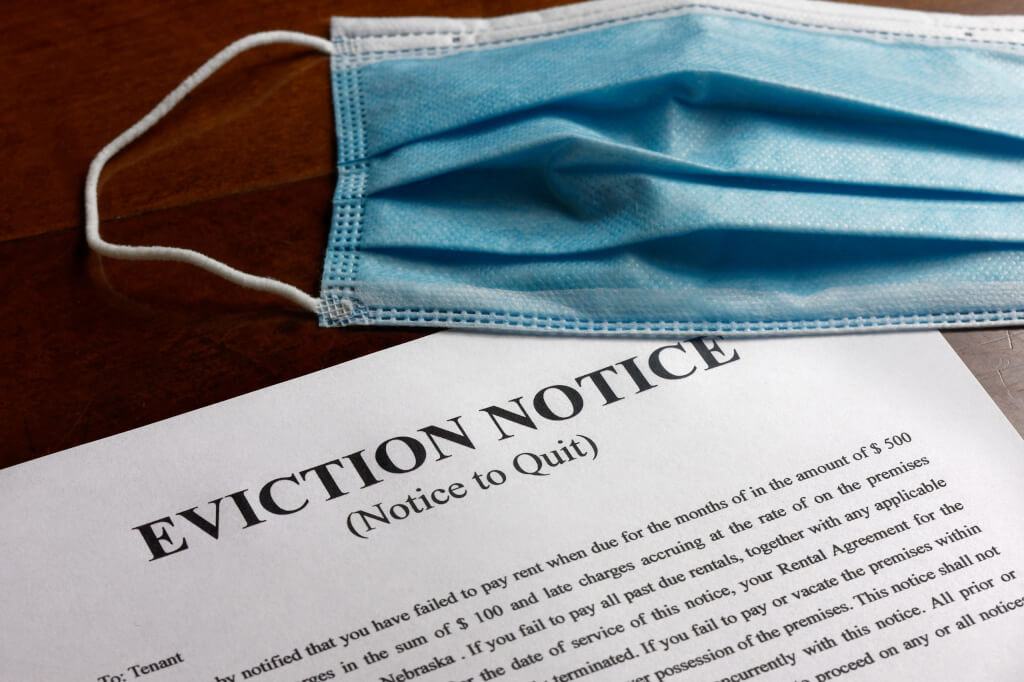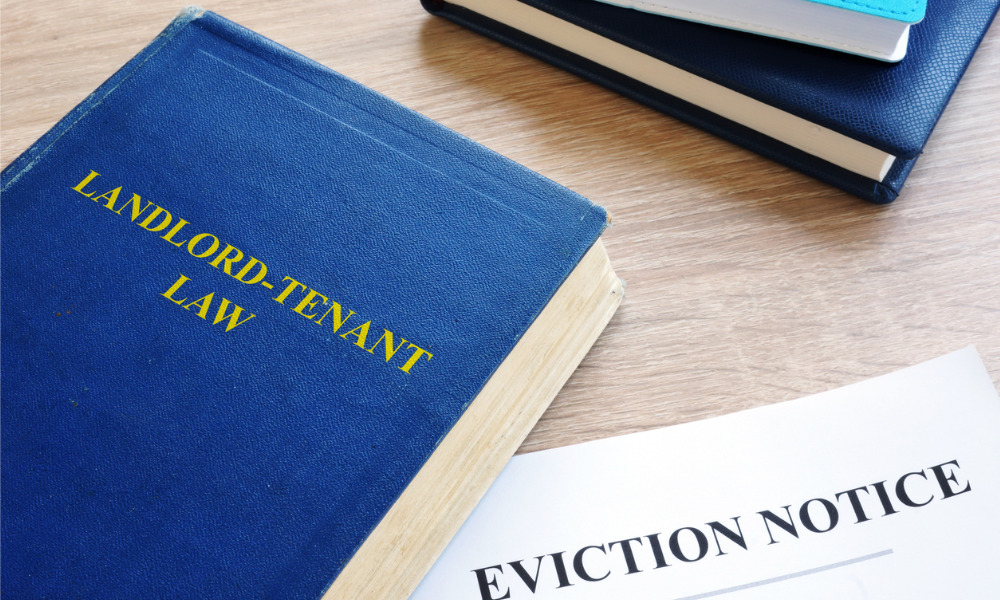
We hope these tips will be helpful for both landlords and tenants to understand their rights and obligations better.

When a renter fails to pay rent or causes problems, there’s nothing more aggravating and stressful to a property manager or landlord.
Some tenants are competent in keeping their rent payments on time, but others may be in a temporary bind due to circumstances like COVID-19. Some habitually miss payment deadlines, but sometimes, tenants deliberately fail or refuse to pay their rent by the due date.
When problems arise in a rental property, the landlord-tenant relationship can significantly mitigate the aggravating issues. From not taking care of the property to horror stories of willful acts of destruction, challenging situations are all too common for landlords and homeowners.
Here are some guidelines to help navigate when it is appropriate for a landlord to evict and avoid nightmare scenarios in the future.
Even the best tenants have times when income is tight, even more due to COVID-19, but it’s always their responsibility to contact the landlord and explain the situation and their inability to pay the rent. Whether or not they reach out first, always document every communication with your tenant in writing. When everything is recorded, it helps keep both parties accountable and serves as a legal record if an eviction case goes to court.
When you get a response from your renter, ask yourself the following questions:
The answers to these questions will give you a forecast of how the situation may progress or unravel, allowing you to be prepared. If all of the answers to the questions above are negative, it’s almost sure you will need to evict your tenant and replace them with a new one who is compliant with your lease agreement and can pay on time without assistance.

Failing to pay the full amount of rent is one of many ways tenants can breach the lease agreement, providing cause to file an eviction. When trouble arises, it’s easy for things to get out of control, but the lease should be your guiding light. When everything else fails, go back and refer to your lease documents; they will be essential in determining what self help options and assistance you have for the tenant.
Don’t make assumptions when problems arise or if a renter fails to pay their rent on time that they will do so again in the future. With the right approach and communication, you may be able to resolve your situation amicably, saving both parties from a court hearing that could take months to resolve.
A well-crafted lease agreement includes a list of unallowed activities and a set time for paying rent. However, if you want to proceed with a court hearing, follow your lease terms and be ready to give your renter the entire period stated in the contract to comply.

You need to follow through with an eviction notice after the grace period has elapsed, even if you have no intention of evicting your tenant or are willing to negotiate a payment plan for the month. If your tenant fails to pay as agreed and an eviction case ensues, you’ll need this document for your protection in court.
The most critical document in terms of winning an eviction is a notice to vacate. You may lose the case if you incorrectly prepare or deliver the eviction notification. Rocket Eviction is your expert for fast and accurate eviction services and guaranteed results. However, just because you issue a notice to your tenant does not necessitate that you follow up with court action.
Even if you’re willing to extend your renter more time and work with them, serving the notice is still the best approach. Delivering eviction notices protect you from future escalation and establishes a precedence that you take the lease seriously.
Suppose you want to draft a notice that is viable under the law. In that case, you may seek expert assistance from professionals who are familiar with your state’s legal requirements and processes. If you must go to court to remove them, the specialists at Rocket Eviction offer property rental assistance to assist and ease the transition.

Confrontational situations with tenants are stressful, and the easier path may appear to be extending leniency to your tenants. However, it’s critical to think things over carefully before discharging a tenant over a complaint or payment issue. You must rationally assess what is in your best interest for your business and property and whether an eviction is best. A removal could prove to be the apparent course when considering their prior payment history and complaint record.
Don’t hesitate to evict your tenant out of your home if it’s evident to you that they are unable to pay rent by the due date. As the responsible party, you need to have protections in place for your business and family. If a tenant intends to break the contract or is genuinely unable to pay what is owed, they are jeopardizing your livelihood and the residence. If your property contains multiple units, the situation can be a nuisance and set the wrong precedence for neighboring tenants. Don’t let a lousy tenant waste any more of your time and money. Look into evicting your tenant and you may be able to replace them with a better one.
Don’t become a victim. Whether you are a private home owner or a multi-family property manager, emergency dealings with problem tenants are time-consuming and irritating. In the long run, retaining an unpleasant tenant in your rental home will cause you more aggravation, wasted time, and lost money. To get the best results quickly, contact Rocket Eviction today to get your rental property back on track!